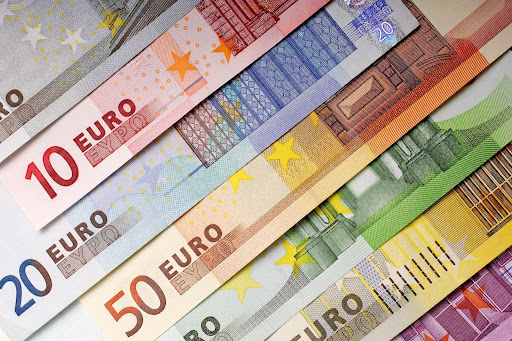
How will Germany’s government changes impact the world as we know it?
Life is full of choices. Many choices are simple but at some point, we all need to face the critical ones. Germany’s next leader could make or break the economy. To summarize, Chancellor Angela Markel is due to leave office after Germany’s federal election on Sunday. The country’s priorities could greatly change. It’s likely that power will be shared in a coalition government.
No one knows which parties will create or control a governing alliance. Basically, with Merkel leaving, the country’s power could change dramatically. The power may soon be shared among newer, more unpredictable political forces. People are almost certain that their next government will be a coalition.
The form the next coalition takes on will certainly have a huge impact on Germany’s economy which happens to be Europe’s largest and arguably the most important. In 2019, about a quarter of the EU’s gross domestic product (25.7%) was generated by Germany, says the Eurostat. Thus how the country is governed during the transition in terms of global trade and consumer trade, is very important.

The election is wide open. In an Insa poll for the Blid newspaper revealed that the left-leaning Social Democratic Party is in the lead with twenty five percent of support. The ruling conservative Christian Democratic Union-Christian Social Union Alliance has sealed the gap with twenty two percent. The Green Party came at fifteen percent.
A new coalition will have to be birthed, succeeding the vote. German economists are saying certain alliances could have “massive consequences” on the country’s economy.

Massive consequences
The Ifo Institute and Newspaper Frankfurter Allgemeine Zeitung surveyed one hundred fifty three economists at German universities. The institute wanted to know how varying coalition formations could impact Germany’s economic growth, unemployment, public debt and income inequality.
Germany’s government survey results were published on Tuesday, and unveiled that eighty three percent of the country’s economists reported that the lowest economic growth rate would be the result of a supposed “Red/Red/Green” coalition of the SPD, the Left Party and the Greens.

According to Ifo researcher Niklas Potrafke, such a coalition “would represent a sea change in policy direction, which would translate into a different economic policy with higher taxes and more government transfers. That would also have massive consequences for the real economy.
Seventy-seven percent of economists agree that the coalition will also lead to the greatest unemployment rate and eighty six percent are sure it would bring the highest national debt. Interestingly, a little over half say such a lefiest alliance would achieve the highest net reduction in income inequality.

The polls
There’s a wide range of possible coalition options. Most of these options are looking at stumbling blocks to formation, protracted negotiations succeeding the election because of the policy differences between the parties. Areas of interest range from finances to climate targets.
Macro analysts from Teneo Intelligence said on Monday, “Coalition formation might take some time.” He added that “Less than one week ahead of the twenty six September federal election, the Social Democrats continue to lead in the polls. However, the Christian alliance appears to have recovered some ground.”

Finance Minister Olaf Scholz will become the next chancellor. CDU/CSU candidate Armin Laschet could still try to outdo Scholz. The CDU/CSU is acclimated to being in power, but all that could change after Sunday’s vote. Both the SPD and Greens’ don’t seem interested in a coalition with the CDU.
Scholz added, “I think that, after sixteen years, many voters would like for the CDU to finally go into opposition again.”
一
Is Germany’s government really about to change the world? Tell us your thoughts on the future of the world’s economy!







